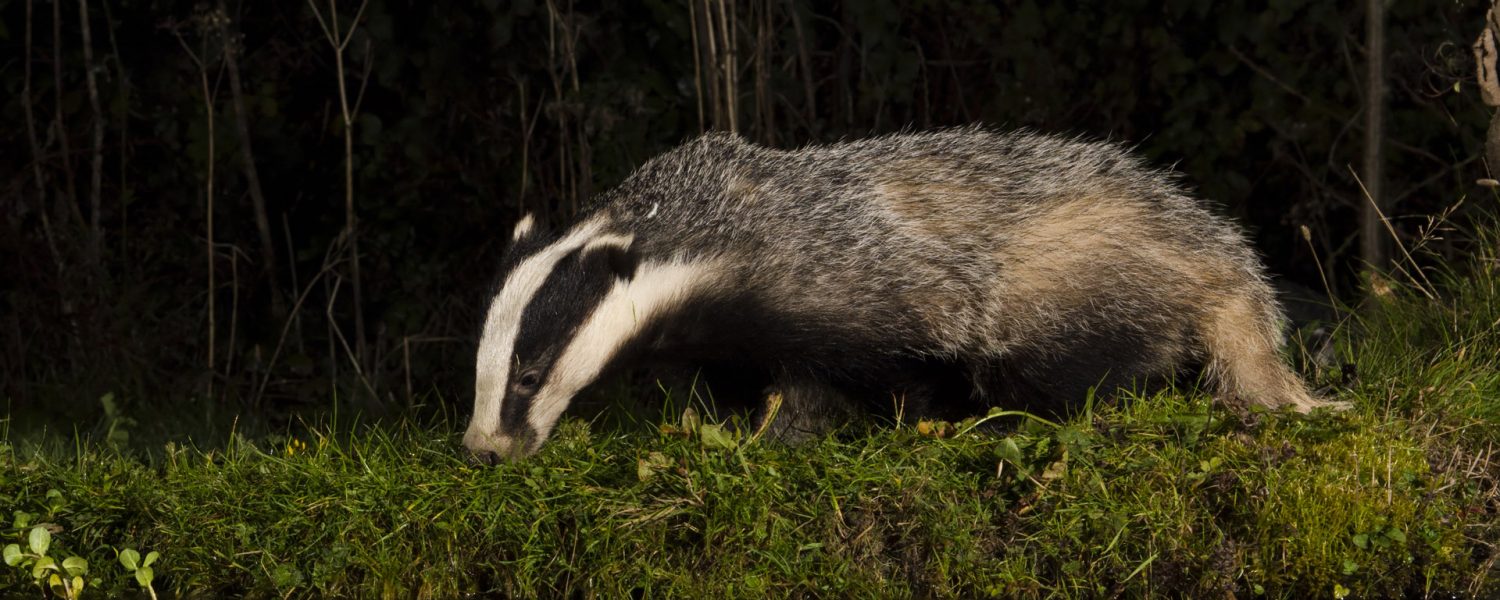npj Climate Action is an open-access, online journal published by Nature Portfolio. It focuses on research and action related to mitigating the hazardous effects of global climate change. It aims to bridge the gap between scientific research and practical climate action, informing policies at both local and global levels.
 A paper entitled “The activism responsibility of climate scientists and the value of science-based activism” (Anguelovski et al (2025)) has recently been published in npj Climate Action. The arguments for the participation of scientists as so-called activists in the development and evolution of government policy are eloquently expressed and hard to disagree with. And these arguments transfer from climate science to many other areas of important environmental science, not least badger culling.
A paper entitled “The activism responsibility of climate scientists and the value of science-based activism” (Anguelovski et al (2025)) has recently been published in npj Climate Action. The arguments for the participation of scientists as so-called activists in the development and evolution of government policy are eloquently expressed and hard to disagree with. And these arguments transfer from climate science to many other areas of important environmental science, not least badger culling.
Quoting from this new paper, it is surely sensible that “scientists have the right and responsibility to engage in activism” because “their expertise and ethical responsibility position them well to change policy”. This has not been the case thus far with the science of badger culling, where independent peer-reviewed science has been dismissed by government scientists; the term ‘anti-cull activists’ has been used to try to slur individual scientists (and the peer-reviewers of their publications) and undermine the veracity of work that does not concur with the established Government policy view (see the un-peer reviewed letter in Vet Record, DEFRA press release & CVO blog). No peer-reviewed science has been published since to justify the criticisms made in these pieces. Gideon Henderson has since left his post as Chief Scientific Advisor for DEFRA without commenting further on the matter or substantiating his intervention. Chief Veterinary Officer Christine Middlemiss remains in post.
How refreshing to read the recommendation the “..broader societal role scientists can play should be recognized and respected”. This has certainly not been the case with Government funded badger cull science, where there has been no inclusion of published scientists whose conclusions upset decades of Government funded work. Not only has there been inadequate dialogue, but the only route to release of critical data and policy rationale has been through Freedom of Information requests or grueling legal engagement.
Badger Crowd is also happy to endorse the “call for the support of activists who engage with researchers in pursuit of evidence-based action.” As the paper’s abstract concludes, “Mutually supportive relations between science and civic groups will make science more horizontal, inclusive, and thus legitimate and impactful in the eyes of policymakers and society at large.”
Anguelovski et al (2025) includes a useful reminder of some important historical examples of scientific activists; “Think of Darwin’s debates with religious authorities, Snow’s work on cholera, or Rachel Carson’s Silent Spring. Entire branches of science (medicine, conservation biology) are defined by their activist agenda”.
Activism is one way the tribal behaviour of civil servants, can be opposed and overcome.
So, we will look forward to future involvement of all bovine TB activist scientists in the debate about the efficacy of badger culling and the direction of bovine TB policy. They have an important contribution to make. And it should have happened many years ago.
If you, as a member of the public, activist or scientist, support challenging the flawed science behind the badger cull and want to see a parliamentary debate on the issue, please sign the petition linked below calling to “End the Badger cull and adopt other approaches to bovine TB control”:

Discover more from The Badger Crowd - standing up for badgers
Subscribe to get the latest posts sent to your email.

